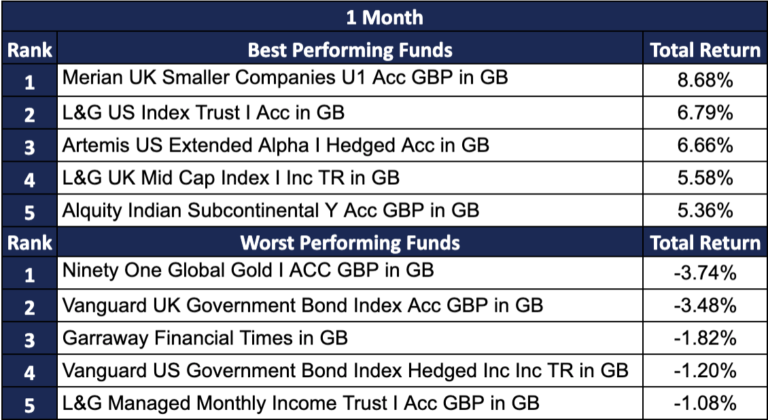What is Intergenerational Planning?
Many of you will be thinking of your children’s futures alongside your own and looking for tax-efficient ways of creating a legacy.
However, as we live longer, there is often more than one generation in any one family. This means it’s worth considering how grandchildren and great grandchildren can also benefit from your estate.
This is what we mean by intergenerational planning
The standard inheritance tax rate is 40% of anything in your estate (property, possessions and money) over the £325,000 threshold. For example, if you leave behind an estate worth £500,000, the tax bill will be £70,000.
In 2018 the UK government made a record amount in inheritance tax receipts as it broke the £5billion mark for the first time.* With the right planning, you can significantly reduce your inheritance tax liability.
You can make use of tax allowances, use trusts and different types of investments, and you can also gift your money to reduce your wealth.
Trusts aren’t as complicated or costly as you may imagine, and you can still retain an element of control over your money. There are a number of trusts to choose from, from bare trusts to discounted gift trusts to loan trusts and gift trusts. The kind of trust you choose depends on what you want it to do.
However, intergenerational planning isn’t just about inheritance tax planning
With increased longevity and social change, many people are now considering ways of using their wealth to support their family during their lifetimes.
Whether it’s helping with school fees, paying for a wedding or helping grandchildren get on the property ladder, intergenerational planning is about ensuring the right amount of money goes to the right people at the right time.
Your property is another thing to consider, such as transferring it into your children’s name and paying a rent, or selling your house and gifting your children the proceeds.
The best thing to do is to start this kind of planning early
We can help you understand your options, prioritise, and to see how you might spread your wealth throughout your family in the best way possible.
We can also help you to broach the topic with your loved ones. It’s often important for families to be able to discuss their own opinions and it helps them to feel more responsible in their role as an inheritor of the family wealth.
Ascot Wealth Management Limited is authorised and regulated by the Financial Conduct Authority reference 551744. Our registered office: Scotch Corner, London Road, Sunningdale, Ascot, Berkshire, SL5 0ER. Registered in England No. 7428363. www.old.ascotwm.com Unless otherwise stated, the information in this document was valid on 3rd February 2017. Not all the services and investments described are regulated by the Financial Conduct Authority (FCA). Tax, trust and company administration services are not authorised and regulated by the Financial Conduct Authority. The services described may not be suitable for all and you should seek appropriate advice. This document is not intended as an offer or solicitation for the purpose or sale of any financial instrument by Ascot Wealth Management Limited. The information and opinions expressed herein are considered valid at publication, but are subject to change without notice and their accuracy and completeness cannot be guaranteed. No part of this document may be reproduced in any manner without prior permission. © 2017 Ascot Wealth Management Ltd. Please note: This website uses cookies. To continue to use this website, you are giving consent to cookies being used.









